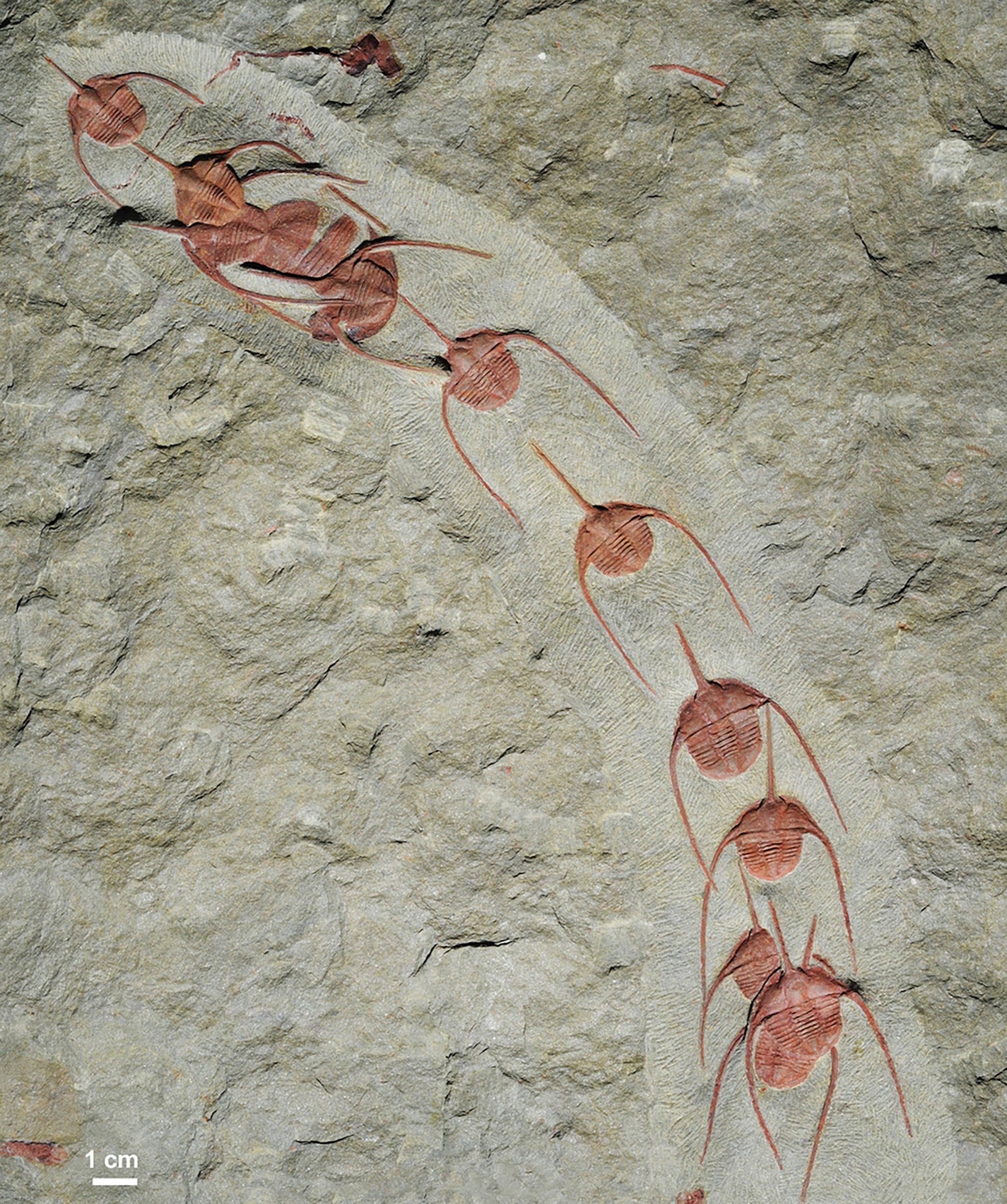Fossil reveals how giant arthropods dominated seas 470m years ago
Animals related to shrimps, insects and spiders ruled the seas at that time according to evidence found at a site in Morocco

Discoveries made at a major new fossil site have found relatives of modern anthropods dominated the oceans 470 million years ago.
Animals related to shrimps, insects and spiders ruled the seas at that time according to evidence found at a site in Morocco.
According to the findings from the site in Taichoute, which once sat under the sea but is now a desert, there were lots of large, free-swimming arthropods.
More evidence is needed to say anything concretely, but specimens that have been previously described suggest the arthropods were up to 2m long.
An international research team said that the fossils found were very different from those discovered at other sites in the country and that the discoveries at Taichoute would pave the way for new palaeontological and ecological research.
Lead author of the study, Dr Farid Saleh, from the University of Lausanne and Yunnan University, said: “Everything is new about this locality – its sedimentology, palaeontology, and even the preservation of fossils – further highlighting the importance of the Fezouata Biota in completing our understanding of past life on Earth.”
Fezouata Shale, a separate site in Morocco, was recently chosen as one of the world’s 100 most important geological sites.
This was for its assistance in understanding the Ordovician period which was around 470 million years ago.
Most fossils found here are mineral elements, such as shells, but incredibly some soft internal organs of animals have been preserved, allowing scientists to find out more about the creatures.
Creatures from the Fezouata Shale, which is located in the Zagora region of Morocco, were living in a shallow sea with repeated storm and wave activities.
It meant animals were exceptionally preserved as fossils when they died.
But fossils found in the Taichoute are preserved in sediments a few million years younger than those in the Zagora region. They are also dominated by giant arthropods.
“The Fezouata Biota keeps surprising us with new unexpected discoveries,” said Dr Bertrand Lefebvre, who is the senior author of the paper about this discovery.






Join our commenting forum
Join thought-provoking conversations, follow other Independent readers and see their replies
Comments